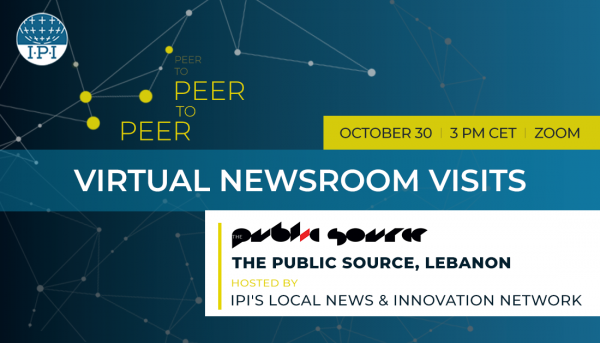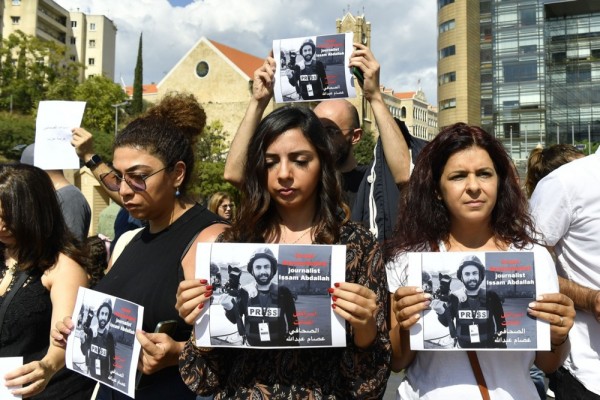The International Press Institute (IPI) is to participate in a panel discussion on Freedom of Speech and Self-Censorship at a two-day regional conference in Beirut on censorship, organised by the Lebanon-based SKeyes free media group. The organisation was founded following the assassination of An-Nahar journalist Samir Kassir in June 2005.
Founded in 2009, SKeyes covers press freedom issues in Lebanon, Syria, Jordan, and the Palestinian Territories.
In opening remarks, Gisele Khoury, widow of assassinated journalist Samir Kassir and co-founder of the SKeyes Centre noted that the conference was for the benefit of all media and journalists – even those who chose not to participate and who have criticized some of the Centre’s views.
SKeyes Manager Saad Kiwan then pointed out censorship is a problem not only in the Arab world, but also in developed, democratic countries, where media concentration and ownership affects the ability of journalists to report on certain issues.
Panel discussions at the conference were planned to address political, cultural, religious, and Internet censorship.
On the first day of the conference, panelists and audience members discussed: the disparity between official discourse on press freedom, and reality, in Tunisia; the sometimes arbitrary nature of post-publication or post-production censorship by Lebanese security forces; the need for an inclusive and impartial self-regulatory body for the Lebanese media; and the double repression of Palestinian journalists by Israeli and Palestinian forces
Following an October 2009 mission to Lebanon, IPI noted that Lebanon has a freer and more diverse and vibrant media than any other Arab country.
However, a recurring concern expressed in discussions with Lebanese journalists and editors was that Lebanon’s politically-polarised society is mirrored in much of the country’s media landscape, particularly in television. It was repeatedly suggested that most of the country’s media outlets are unduly influenced in their journalism content by powerful political figures to whom they are financially and politically beholden.
“Although there are many excellent media organisations in Lebanon, the politicisation of the media means that, too often, journalists are forced to choose between their natural desire for credibility and their loyalty to a media organisation,” IPI Director David Dadge said in a statement released after the mission. “All those who would seek to influence the media must realise that the politicisation of the media only furthers the prejudices that exist within Lebanese society and that the best way to overcome these prejudices is to enable a free and independent media to practise accurate, fair and balanced news.”


